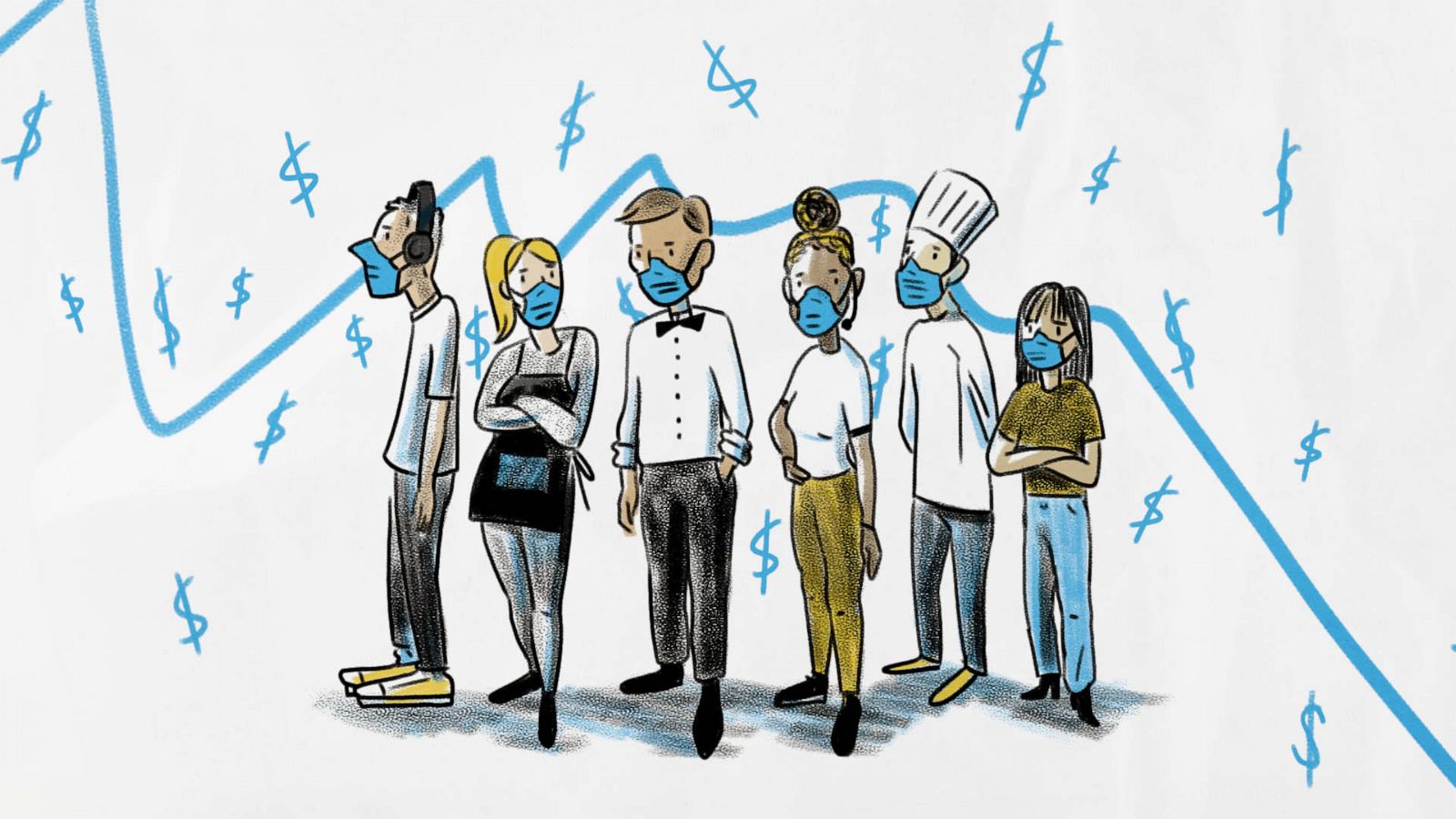
Employers need to consider the health and economic consequences of asking employees to return to work amidst the COVID-19 outbreak, according to Nicole Hassoun, professor of philosophy at Binghamton University, State University of New York.
Hassoun said that employers may have to exercise judgment in deciding whether to ask (or demand) that their employees come to work, even once states or the federal government encourage people to do so.
“I believe businesses have responsibilities to all their stakeholders,” says Hassoun. “So, they should not just focus on their stockholders (if they are large enough to have them). Businesses need to consider what it will mean for their employees to come to work and also to stay home (as well as what it will mean for their own families, customers, etc.). Furthermore, they should consider the public health consequences of their actions.”
If some employees are older or particularly vulnerable in other ways, it might not be ethical to require them to come back to work (on pain of losing their jobs), says Hassoun, especially if the employer cannot provide a safe working environment, e.g. personal protective equipment.
“Given the lack of an adequate safety net for those who remain unemployed in the United States (even given recent stimulus provisions), employers that can do so may also have a moral obligation to provide what assistance they can to such employees if they cannot work,” says Hassoun. “In some cases, customers may be willing to cost share with them, especially if they can provide some services in any case.”
There may be creative ways of helping workers stay safe when they go back to work, says Hassoun.
“If facilities are necessary for employees to do their jobs but employees do not all need to complete their work at the same time, introducing a night shift might allow for more social distance at work, for instance,” says Hassoun.

